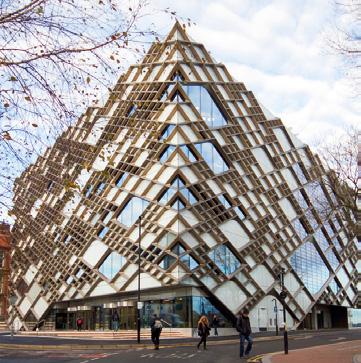
2 minute read
What is a Degree Apprenticeship?
What is a Degree Apprenticeship?
Designed in partnership with employers, students combine their part-time study with full-time employment, to complete the Degree Apprenticeship. Apprentices will gain the knowledge, skills and behaviours, needed to be successful in their workplace. As part of a Degree Apprenticeship students can achieve a full Bachelor's Degree in Engineering (BEng).
Advertisement
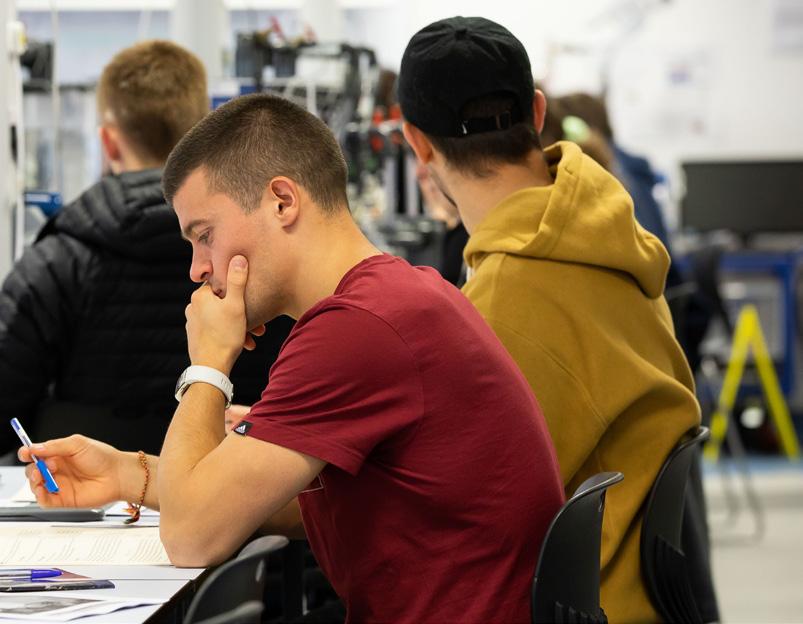
Who are Degree Apprenticeships for?
Degree Apprenticeships are suitable for either A-Level leavers, those who already have an Advanced Apprenticeship or for employees who are looking to upskill, including mature students.
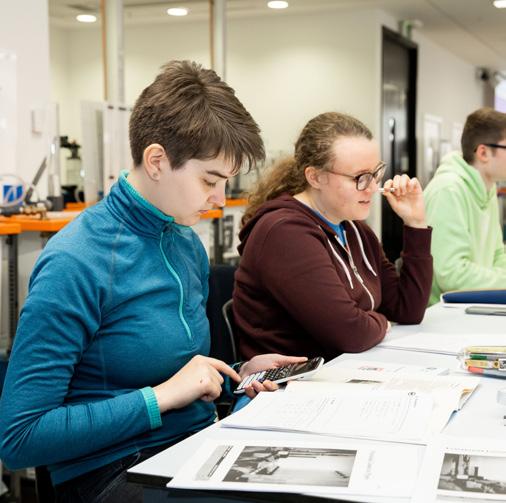
How much do Degree Apprentices get paid?
The minimum wage rate applies to apprentices under 19 years and those aged 19 or over who are in their first year. Many companies pay more than this, particularly for higher level apprenticeships. In fact, you could potentially earn upwards of £300 per week, plus your employer and the government pay for your tuition fees, meaning you don't have to. In contrast, British students taking a full-time university degree in England pay a maximum of £9,250 per year in tuition fees.
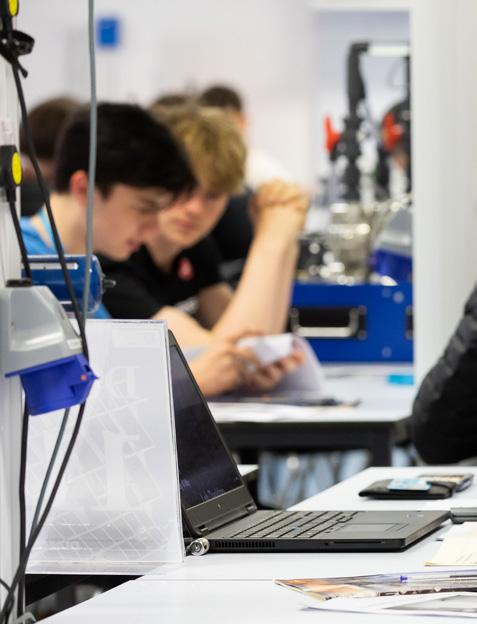
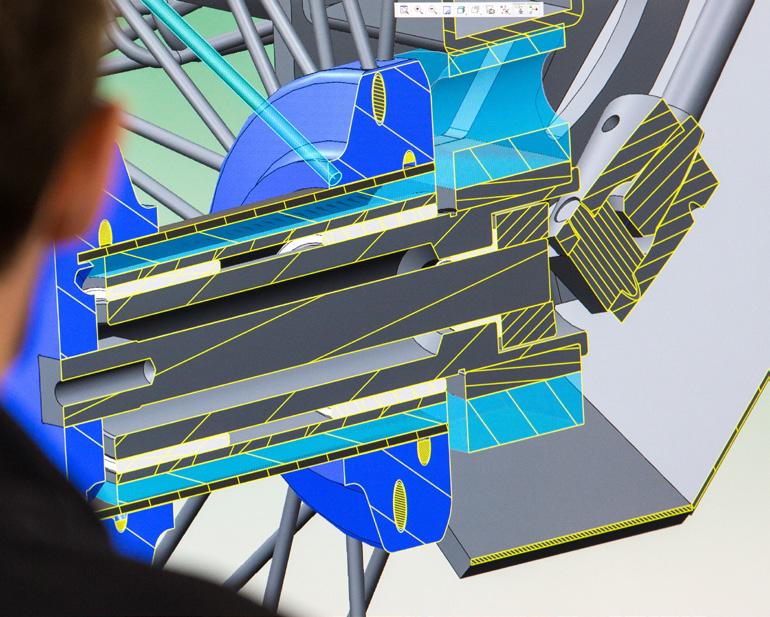
What is the format of a Degree Apprenticeship?
The degree is delivered using a blend of face-to-face learning, lectures, seminars and tutorials - with online and self-paced learning and support to enable apprentices to combine their studies with full-time employment. It has been designed in partnership with academic staff and employers to ensure apprentices can graduate equipped to meet the current and future needs of the advanced manufacturing and engineering sector. The workshop training is delivered in a full-time block at the AMRC Training Centre by experienced trainers with industrial experience, giving you the time to learn and develop your practical skills. A work-based assessment will take place in your workplace, under the guidance of an assessor. Applicants with a Performing Engineering Operation (PEO) or similar may be eligible for recognition of prior learning which may mean that they do not need to complete all the workshop elements of the apprenticeship. The apprenticeship culminates with an assessment where you will describe and explain how you have developed your knowledge, skills and occupational behaviours during your apprenticeship.
